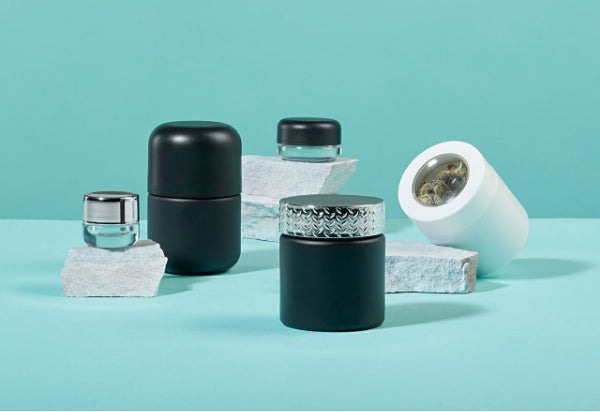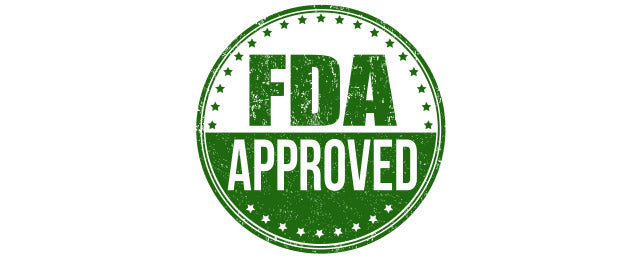Plastic bottles used for beverage and food products are made from materials which are reviewed by the U.S. Food and Drug Administration prior to their being allowed on the market. Most beverage plastic bottles sold in the United States are made from Polyethylene Terephthalate (PET). PET has become the material of choice for beverage bottles because it is lightweight, shatter resistant and provides very good oxygen and moisture barriers. PET has been extensively tested for safety. Plastic bottles made with PET are widely used for everything from water and fruit juice to soft drinks and even beer.
- If I refill and reuse plastic bottles, should I be concerned about potentially harmful bacteria?
- Will a plastic bottle leach harmful substances into water if I reuse it?
- What about the student project that claimed to have found unhealthy compounds in water samples from reused bottles?
- Is it true that the U.S. Food and Drug Administration (FDA) only allows plastic beverage bottles, such as those made with polyethylene terephthalate (PET), for one-time use?
- Can freezing a PET bottle cause dioxins to leach into its contents?
RESOURCES AND LINKS
If I refill and reuse plastic bottles, should I be concerned about potentially harmful bacteria?
Plastic bottles need to be cleaned between uses just as other drinking containers. Plastics are by nature inert, and plastic bottles are not likely to harbor bacteria. However, bacteria thrive in warm, moist environments. Once bacteria have been introduced, any container becomes a suitable environment for bacterial growth.
Consumers should clean any drinking container with hot soapy water and dry thoroughly between uses. PET water bottles, however, are intended for one time use as they are not capable of withstanding hot temperatures (over 140 degrees). These plastic bottles can be cleaned in the sink, but can not be placed in a dishwasher and subjected to a drying cycle.
Will a plastic bottle leach harmful substances into water if I reuse it?
Most beverage plastic bottles sold in the U.S. are made from polyethylene terephthalate (PET). The FDA has determined that PET meets standards for food contact materials established by federal regulations and therefore permits the use of PET in food and beverage packaging for both single use and repeated use. FDA has evaluated test data that simulate long-term storage and that support repeated use.
The toxicological properties of PET and any compounds that might migrate under test conditions have also been well studied. The results of these tests demonstrate that PET is safe for its intended uses:
"PET itself is biologically inert if ingested, is dermally safe during handling and is not a hazard if inhaled. No evidence of toxicity has been detected in feeding studies using animals. Negative results from Ames tests and studies into unscheduled DNA synthesis indicate that PET is not genotoxic. Similar studies conducted with monomers and typical PET intermediates also indicate that these materials are essentially nontoxic and pose no threats to human health. It is important to stress that the chemistry of compounds that are used to manufacture PET shows no evidence of oestrogenic activity. There is a significant body of evidence that demonstrates that the use of PET is not a concern and is perfectly safe in this respect."
What about the student project that claimed to have found unhealthy DEHA compounds in water samples from reused bottles?
In 2003 the Swiss Federal Laboratories for Materials Testing and Research conducted a scientific study of migration in new and reused plastic water bottles from three countries. The Swiss study did not find DEHA at concentrations significantly above the background levels detected in distilled water, indicating DEHA was unlikely to have migrated from the bottles.
Is it true that the U.S. Food and Drug Administration (FDA) only allows plastic beverage bottles, such as those made with polyethylene terephthalate (PET), for one-time use?
No, FDA allows PET to be used in food-contact applications, including food and beverage packaging, regardless of whether the packaging is intended for single or repeated use. PET beverage bottles sold in the United States are designed for single use for economic and cultural reasons, not because of any safety concerns with PET.
In fact, refillable plastic bottles made with the same PET resin as single-use bottles are safely reused in a number of other countries. The only difference is that refillable bottles have thicker sidewalls to enable them to withstand the mechanical forces involved with industrial collection and commercial cleaning and refilling operations.
Can freezing a PET plastic bottle cause dioxins to leach into its contents?
There is no scientific basis to support the claim that PET plastic bottles will release dioxin when frozen. Dioxins are a family of chemical compounds that are produced by combustion at extremely high temperatures. They can only be formed at temperatures well above 700 degrees Fahrenheit; they cannot be formed at room temperature or in freezing temperatures. Moreover, there is no reasonable scientific basis for expecting dioxins to be present in plastic food or beverage containers in the first place.
RESOURCES AND LINKS
-
Packaging Materials: Polyethylene Terephthalate (PET) for Food Packaging Applications
International Life Sciences Institute, July 2000. - White Paper on Refillable Plastic Packaging Made from PET (Polyethylene Terephthalate)
International Life Sciences Institute, 1994. -
Migration of Organic Components from Polyethylene Terephthalate (PET) Bottles to Water
Swiss Federal Laboratories for Materials Testing and Research, June 2003. -
Food Contact Substance Notification Program
U.S. FDA's Center for Food Safety and Applied Nutrition Information -
List of "Indirect" Additives Used in Food-Contact Substances
U.S. FDA's Center for Food Safety and Applied Nutrition Information -
Title 21 of the Code of Federal Regulations
For information on PET, see 21 CFR Section 177.1630 and 21 CFR Section 177.1315. - National Center for Food Safety and Technology's Food Packaging Research

